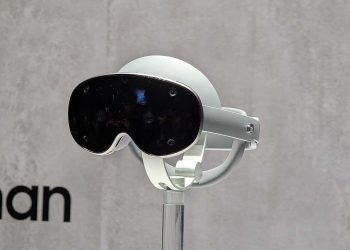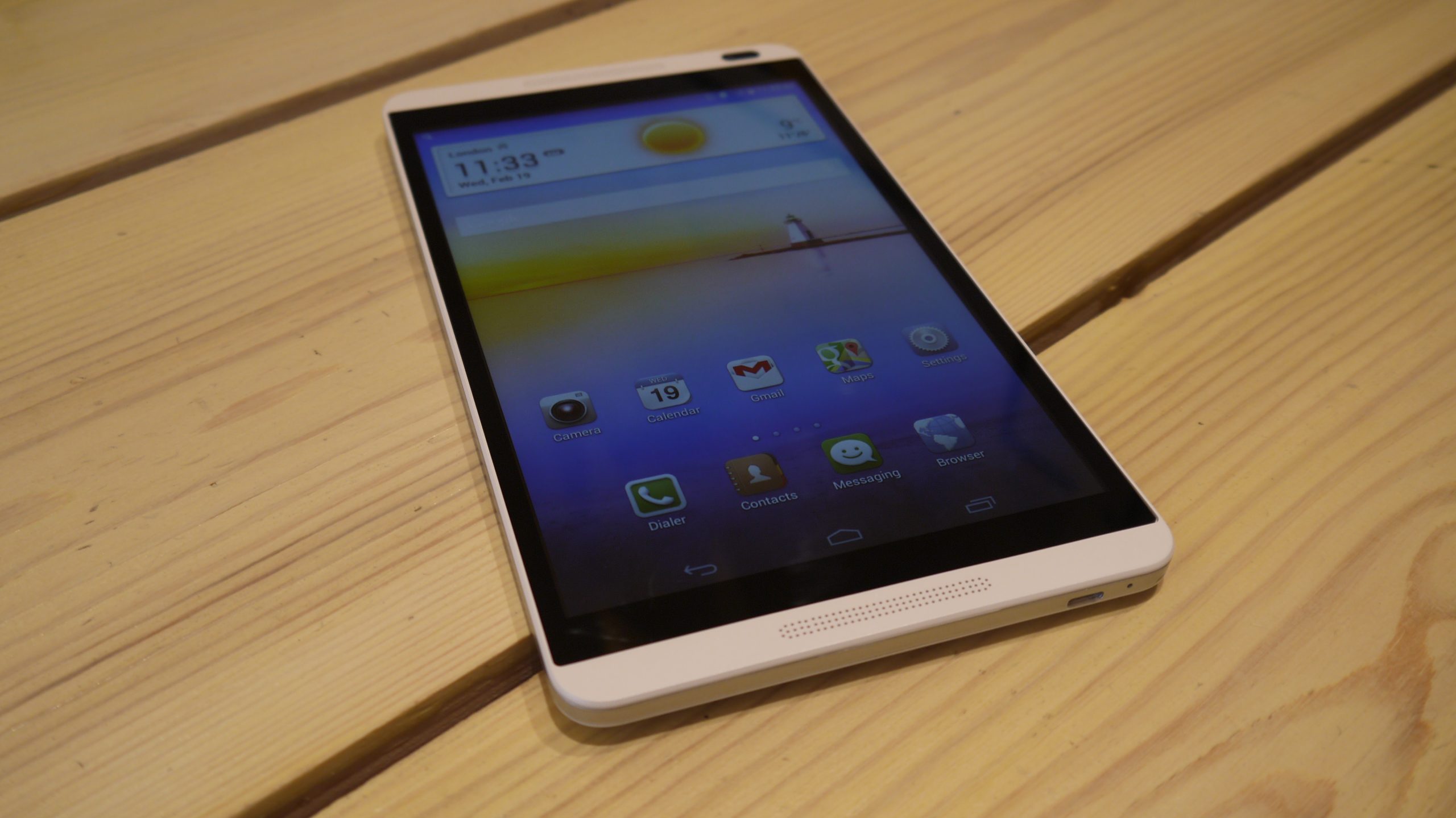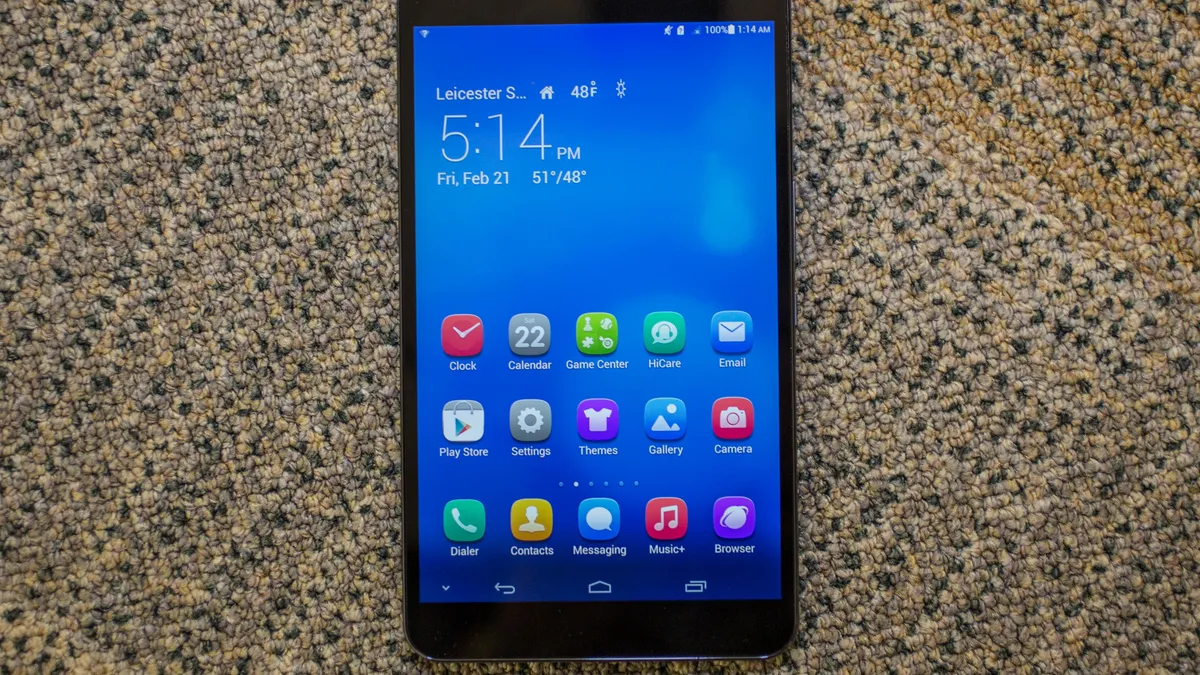Huawei Habo has made a significant move in the field of physical artificial intelligence (AI) by investing in GigaAI, a rapidly growing startup focused on world-model-based general intelligence. This investment is part of Huawei’s broader strategy to expand its capabilities in embodied intelligence and next-generation autonomous technologies, which includes autonomous driving and robotics.
GigaAI’s Technological Advancements
GigaAI’s technology is already being tested in several key areas, including autonomous driving, robotics, and other embodied intelligence applications. The company operates through a fully integrated software-hardware ecosystem designed for physical intelligence. Its GigaWorld platform powers driving intelligence and advanced embodied systems, with the GigaBrain foundational model enabling adaptive decision-making based on world-models. Additionally, the Maker General Embodied Ontology provides structured knowledge tools for developers and physical agents, creating an end-to-end solution for navigating complex environments.
Huawei’s Strategic Investment
Huawei’s investment in GigaAI aligns with its strategic shift from VLA (Vision-Language-Action) models toward a WA (World-Action) approach. The WA strategy emphasizes using visual and physical signals to control intelligent agents, moving away from heavy reliance on language models. Supported by Jin Yuzhi, CEO of Huawei’s Intelligent Automotive Solutions BU, this move forms a crucial component of Huawei’s long-term AI roadmap. By backing GigaAI, Huawei aims to accelerate progress in world-model research, physical AI, and embodied intelligence across autonomous mobility and robotics.
GigaAI’s Funding Success
GigaAI recently closed its Series A1 funding round, securing over 100 million yuan ($14 million) in early November. The round was co-led by Huawei Habo Investment and the Huakong Fund. This funding follows successful rounds earlier in the year, including GigaVision’s Pre-A and Pre-A+ rounds in August, where the company raised several hundred million yuan. This financial backing is expected to fuel GigaAI’s continued development and expansion in the field of physical AI.
Real-World Applications of GigaAI’s Technology
For consumers, the technologies developed by GigaAI could lead to safer autonomous vehicles, more capable home robots, and AI assistants that can react to real-world scenarios more effectively, rather than relying on limited digital inputs. Experts believe that this shift toward physical AI could spark a technological transition similar to the early smartphone era, with intelligent machines becoming an integral part of everyday life.
About GigaAI
Founded in 2023, GigaAI is China’s first startup dedicated to world-model research for physical AI. The company’s mission is to develop general intelligence systems that can understand and interact with real-world environments. GigaAI is focused on building intelligent systems capable of predicting, adapting, and functioning effectively in physical settings, paving the way for future advances in robotics, autonomous driving, and embodied AI.
Conclusion
Huawei’s investment in GigaAI underscores its commitment to advancing the field of physical AI and autonomous technologies. Through this partnership, Huawei is positioning itself at the forefront of the digital transformation in autonomous mobility and robotics, helping to shape the future of AI-powered solutions in everyday life.












